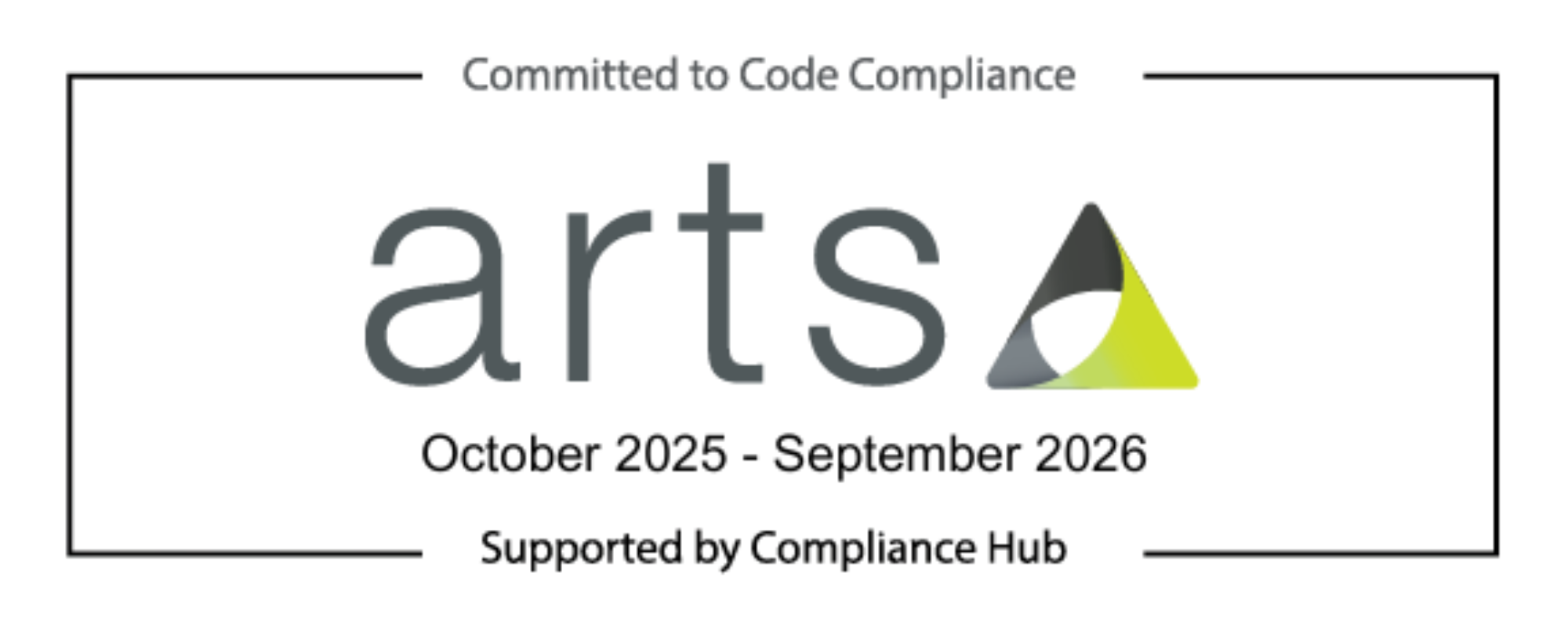Why and how we should be building research capacity within the pharmacy profession
Why and how we should be building research capacity within the pharmacy profession
The pharmacy profession has historically been underrepresented in the world of research, with only 2.7% of applications for a publicly funded national research fellowship between 2014-2021 coming from pharmacy professionals. Research in pharmacy professional practice is often buried or eclipsed by other priorities. So how can pharmacy professionals begin to engage with research? What support is required and what opportunities are available?
We spoke with Debi Bhattacharya, Professor of Behavioural Medicine at the University of Leicester and Lead of the NIHR-Supported Incubator for Pharmacy Professionals about her upcoming talk at CPC London in May to explore how to tackle this.
Debi, you’ll be speaking at CPC London on why and how we should be building research capacity within the pharmacy profession and the work you’ve been doing at the Pharmacy Incubator project. Could you share more about this work and give our delegates a preview of the key takeaways they can expect to learn from your session?
The Pharmacy Incubator is supported by the Department of Health and Social Care to build research capacity within the profession. The purpose is to help deliver the NHS commitment to "the promotion, conduct and use of research to improve the current and future health and care of the population”.
The incubator is a group of pharmacists and Pharmacy Technicians representing the different disciplines within the profession and geography of the UK. We have so far run four sets of focus groups with pharmacy professionals to understand what might help and hinder involvement in research. We followed this up with a national survey. Combining information from these engagement activities, we will then co-design - with key stakeholders - strategies to support the profession to be involved in research. I look forward at CPC to having the opportunity to report the findings from the focus groups and national survey plus share thoughts on potential strategies for integrating research into practice.
The NHS Long Term Plan emphasises the expanding role of clinical pharmacists and Pharmacy Technicians. How do you envision research skills contributing to this evolution? How might this shift affect pharmacy education and training?
Research skills are key to supporting clinical pharmacists and Pharmacy Technicians to embrace the expanding roles highlighted in the NHS Long Term Plan. Such innovation requires pharmacy professionals to lead and support the design and evaluation of new ways of working.
To make this happen, research skills need to be embedded early in pharmacy education and training, while also fostering a culture where pharmacy professionals see research as an expected and valuable part of their roles.
Many pharmacy professionals cite time constraints and lack of research infrastructure as major barriers. What advice would you give pharmacy professionals who spot potential research opportunities but aren't sure how to proceed? What infrastructure needs to be in place to support this?
For pharmacists who have research ideas, my advice is to start small such as an audit to establish the nature of the current problem that needs addressing and then seek mentorship from those already involved in research. This provides the support to undertake a quality improvement project which can then grow into research.
To build a sustainable research culture, we need infrastructure that provides time for research, access to research training, and career pathways for pharmacy professionals that explicitly embed research. Through our work, we aim to drive change at a system level, ensuring pharmacy professionals receive the support they need to engage with research.
Looking ahead, what impact could a more research-active pharmacy profession have on healthcare delivery and patient outcomes?
A pharmacy profession with greater capacity to lead and deliver research will contribute towards the NHS commitment and provide staff with greater opportunities for professional and career development, as well as job satisfaction. For patients, the potential impact from pharmacy-led and delivered research is substantial, with improved health and wellbeing arising from new medicines and optimised health services delivery.
Join Debi at CPC London on Friday 9th May in the Clinical Theatre to hear more and join the discussion around integrating research into clinical pharmacy practice.


 London
London


